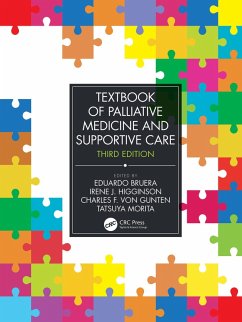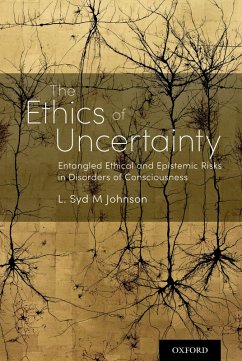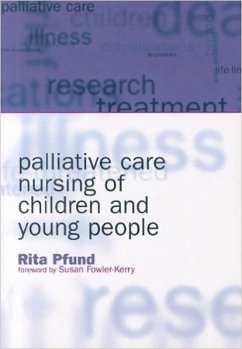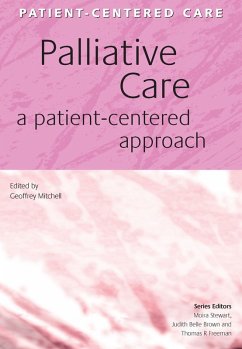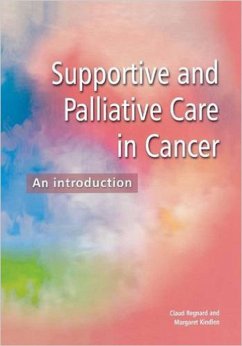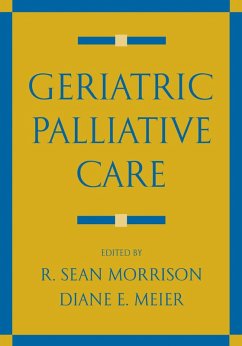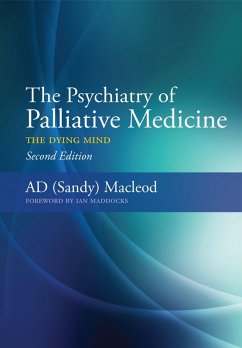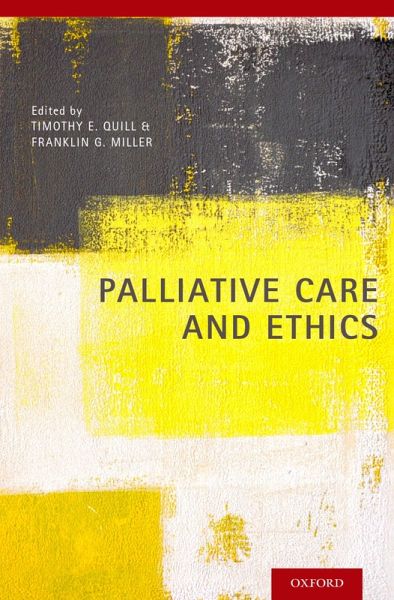
Palliative Care and Ethics (eBook, PDF)
Versandkostenfrei!
Sofort per Download lieferbar
28,95 €
inkl. MwSt.
Weitere Ausgaben:

PAYBACK Punkte
14 °P sammeln!
Hospice is the premiere end of life program in the United States, but its requirement that patients forgo disease-directed therapies and that they have a prognosis of 6 months or less means that it serves less than half of dying patients and often for very short periods of time. Palliative care offers careful attention to pain and symptom management, added support for patients and families, and assistance with difficult medical decision making alongside any and all desired medical treatments, but it does not include a comprehensive system of care as is provided by hospice. The practice of pall...
Hospice is the premiere end of life program in the United States, but its requirement that patients forgo disease-directed therapies and that they have a prognosis of 6 months or less means that it serves less than half of dying patients and often for very short periods of time. Palliative care offers careful attention to pain and symptom management, added support for patients and families, and assistance with difficult medical decision making alongside any and all desired medical treatments, but it does not include a comprehensive system of care as is provided by hospice. The practice of palliative care and hospice is filled with sometimes overt (requests for hastened death in an environment where such acts are legally prohibited) and other times covert (the delay in palliative care referral because the health care team believes it will undermine disease directed treatment) ethical issues. The contributors to this volume use a series of case presentations within each chapter to illustrate some of the palliative care and hospice challenges with significant ethical dimensions across the three overarching domains: 1) care delivery systems; 2) addressing the many dimensions of suffering; and 3) difficult decisions near the end of life. The contributors are among the most experienced palliative care, hospice and ethics scholars in North America and Western Europe. Each has been given relatively free reign to address what they feel are the most pressing ethical challenges within their domain, so a wide range of positions and vantage points are represented. As a result, the volume provides a very diverse ethical exploration of this relatively young field that can deepen, stretch, and at times confront any simple notion of the challenges facing patients, their families, professional caregivers, and policy makers.
Dieser Download kann aus rechtlichen Gründen nur mit Rechnungsadresse in A, B, BG, CY, CZ, D, DK, EW, E, FIN, F, GR, HR, H, IRL, I, LT, L, LR, M, NL, PL, P, R, S, SLO, SK ausgeliefert werden.




